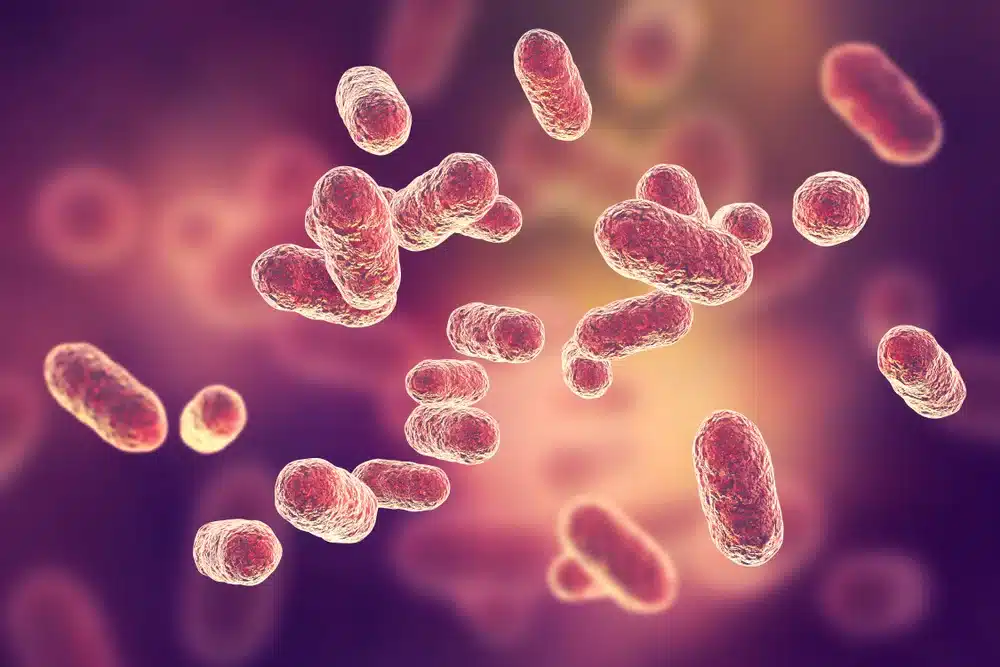Antibiotics are considered vital, life-saving medicine. Antibiotics for various infections and inflammations are available on the market and based on the doctor’s prescription can be procured and it is very easy to use in a go just like 50 darmowych spinów bez depozytu. Even though these antibiotics play a key role in fighting against harmful bacterial infections, they have their dark side as well.
Antibiotics are used to combat bacteria that cause human infections, but the sad thing is that they simultaneously cause collateral damage by wiping out good human-friendly bacteria as well, which leads to diarrhea and other serious inflammations and infections like Clostridioides difficile. In this modern era, the widespread usage of antibiotics has also emerged with a problem of widespread resistant microbes worldwide.
Probiotics
To mitigate the loss of healthy bacteria, doctors started to prescribe probiotics. These probiotics are nothing but human-friendly healthy bacteria that help to keep your body healthier and help it function well. Probiotics help in many ways for humankind; including fighting off harmful bad bacteria and making you feel better. But even this has its limitations because researchers have identified that these probiotics are also affected by certain antibiotic medications and by a particular kind of diet in a treatment affecting the composition of healthy bacteria – microbiota. As a result of this, some microbial counts decrease and, on the other hand, certain metabolic activities increase. This unbalance can again pave the path for various health issues. Indeed, they are not the actual replicas of the native microbiota.
Engineered bacteria strain
With all the efforts to reduce the further risks, researchers have a solution for this, which is a breakthrough in protecting bacteria from antibiotics with the help of a new concept called “living biotherapeutic,” which is also known as an engineered bacteria strain, considered very safe for humans. An engineered bacteria strain is a strain of bacteria that have been engineered in a way to produce safe enzymes that can break down a kind of antibiotic known as beta-lactams. These include many commonly used drugs like amoxicillin, ampicillin, etc.
As and when the antibiotics enter the body along with this “living biotherapeutic” either orally or through injection, these bacteria start secreting the enzymes which are necessary for protecting the microbiota in the gut and at the same time allowing the actual level of antibiotics to flow freely into the circulating bloodstream at elevated levels. Once the job is done, these bacteria are excreted from the digestive tract.
Conclusion
In the process of using engineered bacteria, there arises a situation where the beta-lactamase enzymes secreted by the engineered bacteria spread the quality of antibiotic resistance to body cells and to their corresponding genes. Subsequently, the genes may spread antibiotic resistance among various other bacteria as well. To prevent this unnecessary spread of antibiotic resistance to other bacteria, researchers manipulated an approach called the “Synthetic biology” approach, whereby they modified the way bacteria strain enzymes synthesize, preventing the transfer of their quality to other bacteria.






